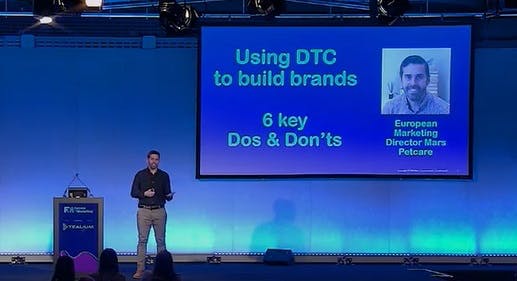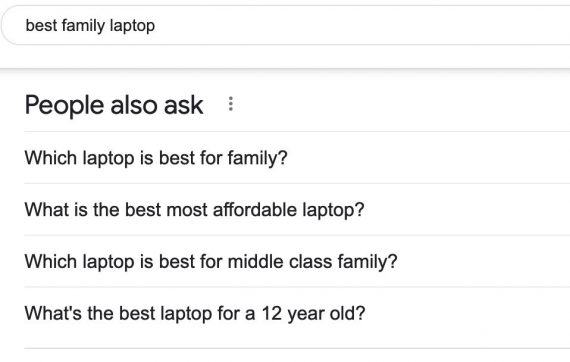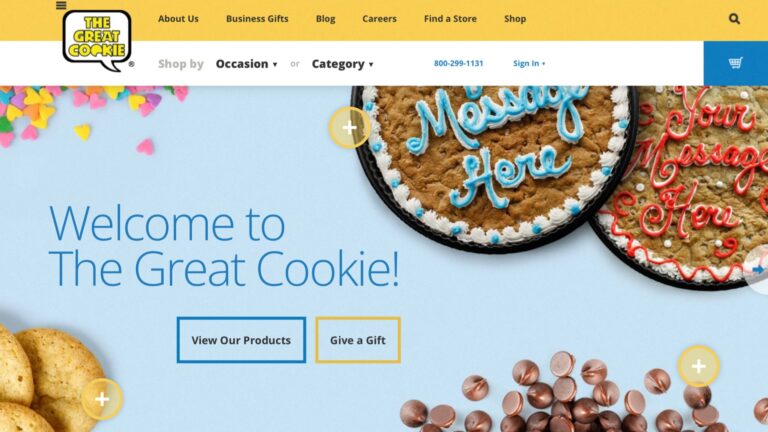
Mars’ approach to doing this is evolving, as it moves away from selling products to retailers towards thinking about how to serve experiences, helpful content, digital tools, services and products. For a major FMCG company like Mars, the pandemic presented an opportunity to look at new business models – particularly direct to consumer (D2C) business models.
“It’s been a journey – we’ve launched five [direct to consumer experiences] in eighteen months; we’ve got a lot of things wrong, and we’ve got a few things right,” said Rodi. And in the course of doing so, Mars has learned a number of lessons about D2C that other brands who want to explore the channel can benefit from.
“The idea … is that we’re going to create an ecosystem to completely serve the needs of pet parents, and pets,” said Rodi, European Marketing Director of Natural and Health Brands.
Far less widely-known is the fact that Mars is one of the world’s largest petcare companies, with brands like Whiskas, Pedigree, Dreamies, Sheba and Cesar under its umbrella, as well as vet services Banfield Pet Hospital and Linnaeus. Altogether, said Mars Petcare’s Chris Rodi, speaking at the Festival of Marketing, the company’s pet care brands serve 300 million pets every year.
When you hear the brand name ‘Mars’, what is the first thing that springs to mind? Chances are, it’s probably sweets, since Mars is best known as the company that owns confectionery brands like Galaxy, M&Ms, Snickers, Twix and many more.






